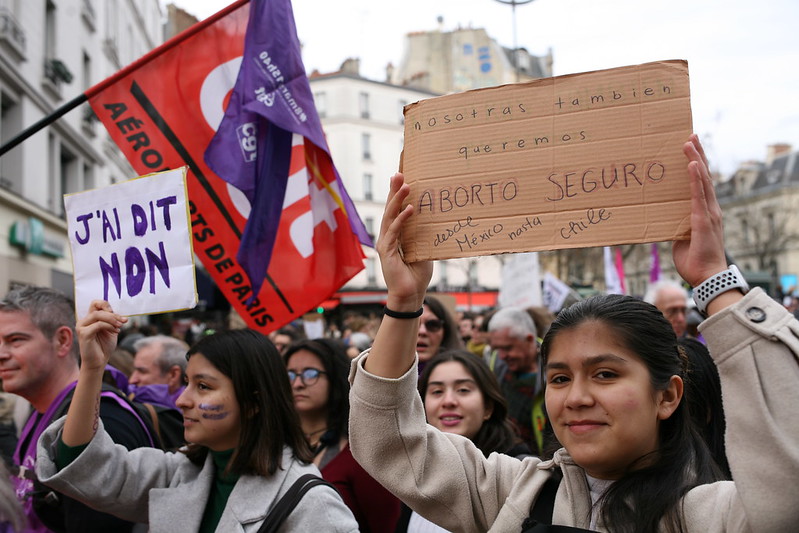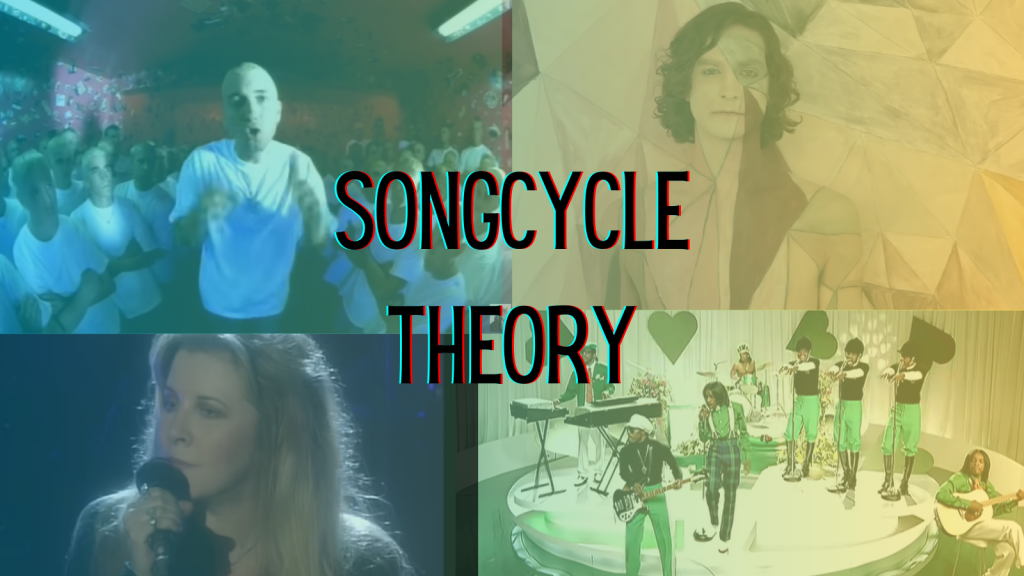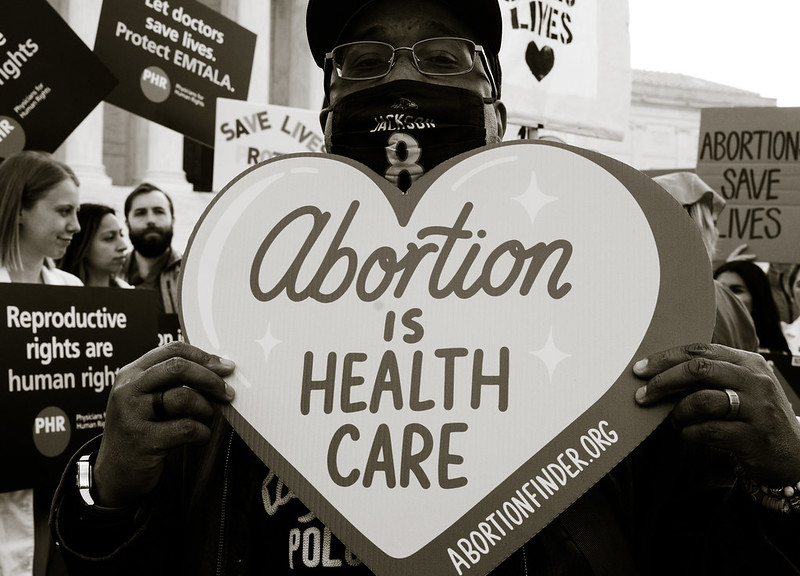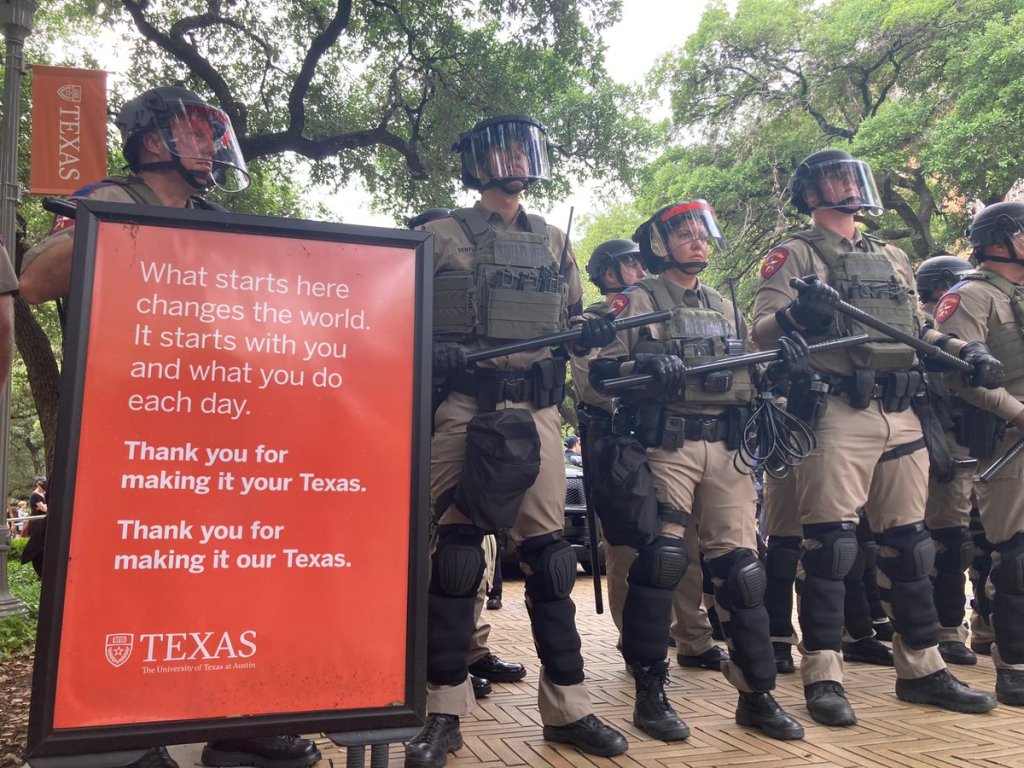for the white folks at home with the armadillo
Some of you asked for the anti-racist reading list I talked about on Instagram. Some of you are just gonna be getting this email anyway. Instead of a big link dump, I thought I’d aggregate some resources that have been meaningful for me personally.
I will preface this by saying: I am probably wrong about some or all of this. I am new to anti-racist work and the process of unlearning racism. I still clearly remember being a grown-ass adult with a graduate degree in cultural anthropology and knowing other white people who I thought of as people who “did” anti-racist work, and thinking, I don’t know how to do that, maybe it’s not for me, that seems too hard, maybe that’s not my place, I will just try to not be actively racist and maybe that will be enough. It was not enough. I still did and said dipshit things to and about folks of color. I centered myself in conversations about racial harm and inequity. I committed micro-aggressions and stayed silent to keep the peace with family members who said and did racist things right in front of me. Throughout, I thought of myself as a good white person and a nice feminist.
This is not self-flagellation for the purpose of getting you to tell me that I am not really so bad, that I could never have been that bad, that you know me and I would never. I’m telling you I absolutely fucking did so that you know you can do different, or at least try — with me. Developing an anti-racist practice is not going to make you feel better. It is going to make you angry and confused and give you so many more opportunities to fuck up and flail because you will no longer be comfortable with inaction even as you are wrestling with how and when to take action, but it will also provide some purpose and clarity and if we can push through this thing, justice is possible.
Many of these recommendations are by/for/about Black (LGBTQ) women in particular and (LGBTQ) women of color more broadly — those who lead the way out of oppression most clearly are those who experience it most directly. Some of these recommendations are deliberately geared at folks who want to do anti-racist work; others are about race and intersections of identity, lived experience, and change-making, the reading of which can serve as key opportunities for those of us who have never experienced racism or been taught (or taken time to learn) the histories of racial oppression in America and globally.
note: I encourage folks to patronize Black-owned bookstores and businesses when seeking out these resources.
White Fragility – Robin DiAngelo. Particularly if you have not previously engaged in much or any anti-racist, racial justice, or unlearning work, White Fragility is a place to start that can help you identify what will inevitably be feelings of anger, shame, hurt, defensiveness, and other negative emotions white folks experience when we confront white supremacy and white privilege and start to genuinely acknowledge our role in actively and passively benefitting from our whiteness.
Emergent Strategy – adrienne maree brown. A collection of reflections, thoughts, studies, and love letters to science and poetry that leads readers into reframing and reimagining what it means to organize for change. brown’s particular focus on being open to change/building new worlds through repeated-emerging-powerful-small interactions and processes has in particular helped me draw strength to speak out against injustice, especially when it means challenging people I know and love.
Hood Feminism – Mikki Kendall. I don’t even know where to start when it comes to describing how significantly being able to bear witness to Mikki Kendall’s analysis, humor, righteousness, and expansive, justice-minded imaginative capacity has influenced my feminist practice. White women have a lot of fucking work to do, and but it’s work we can do and reading this book and sitting with Kendall’s words is definitely part of it.
Redefining Realness – Janet Mock. A memoir about growing up as a multiracial trans girl in Hawaii from one of my all-time favorite journalists, writers, and producers, Redefining Realness is Janet Mock’s gorgeous, honest picture of what it was and is to be a woman who grew up in the 90s, full of reflections on pop culture and historical moments that defined a generation.
This Bridge Called My Back – Cherrie Moraga and Gloria Anzaldúa, editors. One of the definitive collections of women of color writing by/for/about women of color. Simultaneously timeless and urgent.
So You Want to Talk About Race – Ijeoma Oluo. Like the title says — how to start talking about race, even when it’s hard and awkward and awful, in a particularly readable, straightforward style.
The Jemima Code – Toni Tipton-Martin. A beautifully illustrated cookbook-within-cookbooks that works against the erasure of Black women chefs and Black chefs, and challenges the reader to rethink classic American recipes, “women’s work,” and what it means to eat with and cook for each other.
The Good Ancestor Podcast – Layla F. Saad, host. Consistently fascinating conversations about the intersections of race, gender, capitalism, and everything else.
Burn It All Down Podcast – Shireen Ahmed, Amira Rose Davis, Brenda Elsey, Lindsay Gibbs, and Jessica Luther, hosts. Especially for sports fans, but really for everyone who gives a fuck about exploring the intersections of race, gender, and sports with some of the most brilliant women writing and talking about the thing today.
White Lies Podcast – NPR. More than a reexamination of history, “White Lies” exhumes the story of the murder of Rev. James Reeb in Selma, Alabama, and unpacks the ways that white supremacy coats history with silence and violence.
These are just some places to start. It’s not an exhaustive list. But I hope it serves people who are ready for it, and makes it possible for more of us to do this work together.





Leave a comment